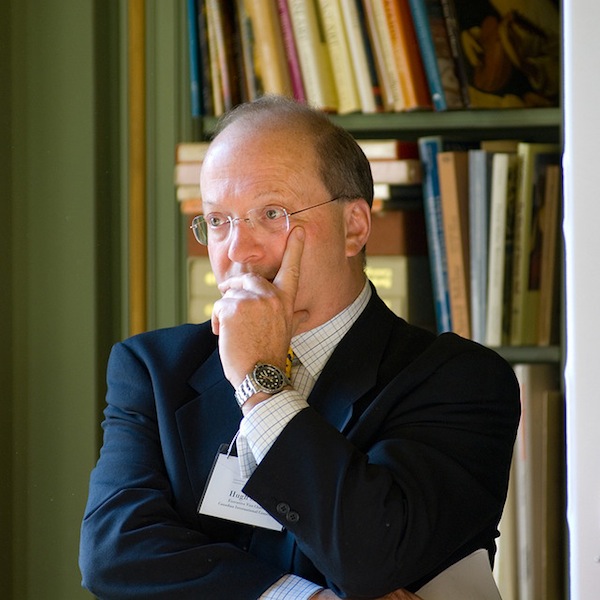
Image courtesy Flickr
Debates of the Senate (Hansard)
1st Session, 41st Parliament,
Volume 148, Issue 130
Wednesday, December 12, 2012
Hon. Hugh Segal: Honourable senators, the recent and further steps by the Government of Sri Lanka to impeach their Chief Justice should concern all Commonwealth citizens and governments. Clear Commonwealth values around the rule of law and democracy as expressed in the Harare Declaration and the Latimer House Principles embraced by all Commonwealth heads of government in 1991 and 2003 are being violated by this present and unconstitutional impeachment effort.
Commonwealth Secretary-General Kamalesh Sharma was in contact with the Sri Lankan Foreign Minister on this issue on December 10. We appreciate that contact very much.
Today, President Rajapaksa announced that he would appoint an independent panel to review the findings of the parliamentary report. There is much to review in terms of the questionable way in which the investigation was handled, the lack of time for defence preparation by Chief Justice Shirani Bandaranayake and the total disregard for the international norms of trying a judge for alleged corruption.
Sri Lanka is the designated host of the upcoming 2013 Commonwealth Heads of Government Meeting. In the lead-up to CHOGM, the initiation by Sri Lanka of a credible accountability process for the civil war ending in 2009 will be vital. The present situation regarding the Chief Justice does not inspire confidence that transparency, openness and accountability are abundant in Sri Lanka.
The Commonwealth Lawyers Association, the Commonwealth Legal Education Association, and the Commonwealth Magistrates and Judges Association put out a joint statement, which read, in part:
By virtue of its membership of the Commonwealth, Sri Lanka is committed to the shared fundamental values and principles, at the core of which is a shared belief in and adherence to democratic principles including an independent and partial judiciary.
In the end, every member state of the Commonwealth makes its own sovereign decisions, but membership in the Commonwealth is not permanent or unconditional for any member. It is tied to a basic respect for the core Commonwealth principles and values. The consistent and serious violation of these could well result in a country’s membership being questioned.
Justice C.G. Weeramantry, former Senior Vice-President of the International Court of Justice in The Hague and the senior retired judge in Sri Lanka, said yesterday:
There can be no democracy in a country unless the rule of law prevails at every level, from the humblest to the most exalted citizen.
My good friend and former President of the International Commission of Jurists, the Honourable Michael Kirby, from Australia, said:
A judge without independence is a charade wrapped in a farce inside an oppression.
It is not appropriate for any Commonwealth body to ever look the other way. The impeachment of a chief justice for political reasons is a deeply serious matter that requires careful and diligent review by Commonwealth bodies well before Commonwealth heads of government meet in Sri Lanka next year. Responding to the rule of law is not a “wouldn’t-it-be-nice” aspirational goal. It is, along with democracy, human rights and development, fundamental to what membership in the Commonwealth is about.
###
Hugh Segal, CM (born October 13, 1950) is a Canadian senator, political strategist, author, and commentator. He was chief of staff to Ontario premier Bill Davis and Canadian prime minister Brian Mulroney.